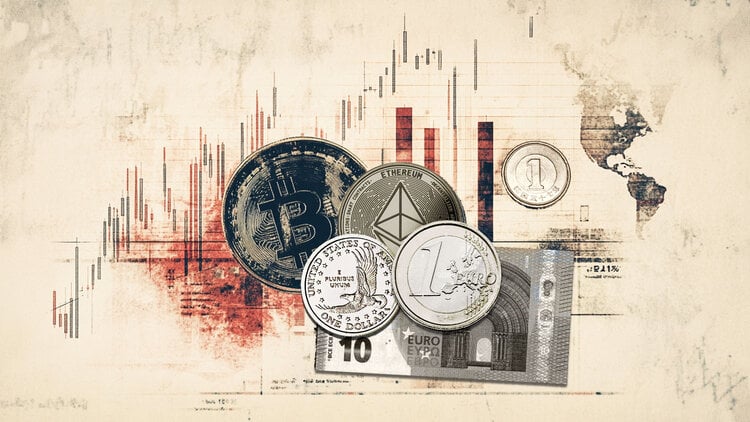- USD/JPY holds below 161.50 as US Dollar falls ahead of US inflation data
- US inflation will influence market speculation about Fed rate cuts.
- Fears of Japanese intervention have intensified.
The USD/JPY pair is consolidating in a tight range near 161.50 in the European session on Thursday. The asset is trading back and forth as investors remain on the sidelines ahead of the United States (US) Consumer Price Index (CPI) data for June, due out at 12:30 GMT.
Economists expect annual headline inflation to have slowed to 3.1% from May’s 3.3% reading. Over the same period, core CPI, which excludes volatile food and energy prices, is estimated to have grown steadily to 3.4%. On the month, headline inflation grew at a negligible pace of 0.1% after remaining unchanged, with core CPI rising steadily to 0.2%.
Inflation data will significantly impact the strong speculation that the Federal Reserve (Fed) will start cutting interest rates in September. Ahead of the US inflation data, the US Dollar (USD) is facing strong selling pressure as Fed Chair Jerome Powell’s comments in his testimony before Congress signaled that US economic growth has lost momentum.
Fed Chair Powell said “Labor market conditions have cooled considerably compared with two years ago,” adding that the U.S. “is no longer an overheated economy.”
Market sentiment remains cautious amid uncertainty ahead of US inflation data. S&P 500 futures have posted some losses in European trading hours. The Dollar Index (DXY), which tracks the value of the greenback against six major currencies, remains near a four-week low around 104.85.
Meanwhile, in Asia, the Japanese Yen remains weak despite growing speculation about covert intervention by Japan. The Japanese Yen is near a multi-decade low near 162.00 against the US Dollar amid uncertainty over the scope for further policy tightening by the Bank of Japan (BoJ).
Japanese Yen FAQs
The Japanese Yen (JPY) is one of the most traded currencies in the world. Its value is determined broadly by the performance of the Japanese economy, but more specifically by the policy of the Bank of Japan, the spread between Japanese and US bond yields, and risk sentiment among traders, among other factors.
One of the Bank of Japan’s mandates is currency control, so its moves are key to the Yen. The BoJ has intervened directly in currency markets on occasion, usually to lower the value of the Yen, although it often refrains from doing so due to political concerns of its major trading partners. The BoJ’s current ultra-loose monetary policy, based on massive stimulus to the economy, has caused the Yen to depreciate against its major currency peers. This process has been exacerbated more recently by a growing policy divergence between the BoJ and other major central banks, which have opted to sharply raise interest rates to combat decades-old levels of inflation.
The Bank of Japan’s stance of maintaining an ultra-loose monetary policy has led to an increase in policy divergence with other central banks, in particular with the US Federal Reserve. This favours the widening of the spread between US and Japanese 10-year bonds, which favours the Dollar against the Yen.
The Japanese Yen is often considered a safe haven investment. This means that in times of market stress, investors are more likely to put their money into the Japanese currency due to its perceived reliability and stability. In turbulent times, the Yen is likely to appreciate against other currencies that are considered riskier to invest in.
Source: Fx Street
I am Joshua Winder, a senior-level journalist and editor at World Stock Market. I specialize in covering news related to the stock market and economic trends. With more than 8 years of experience in this field, I have become an expert in financial reporting.







